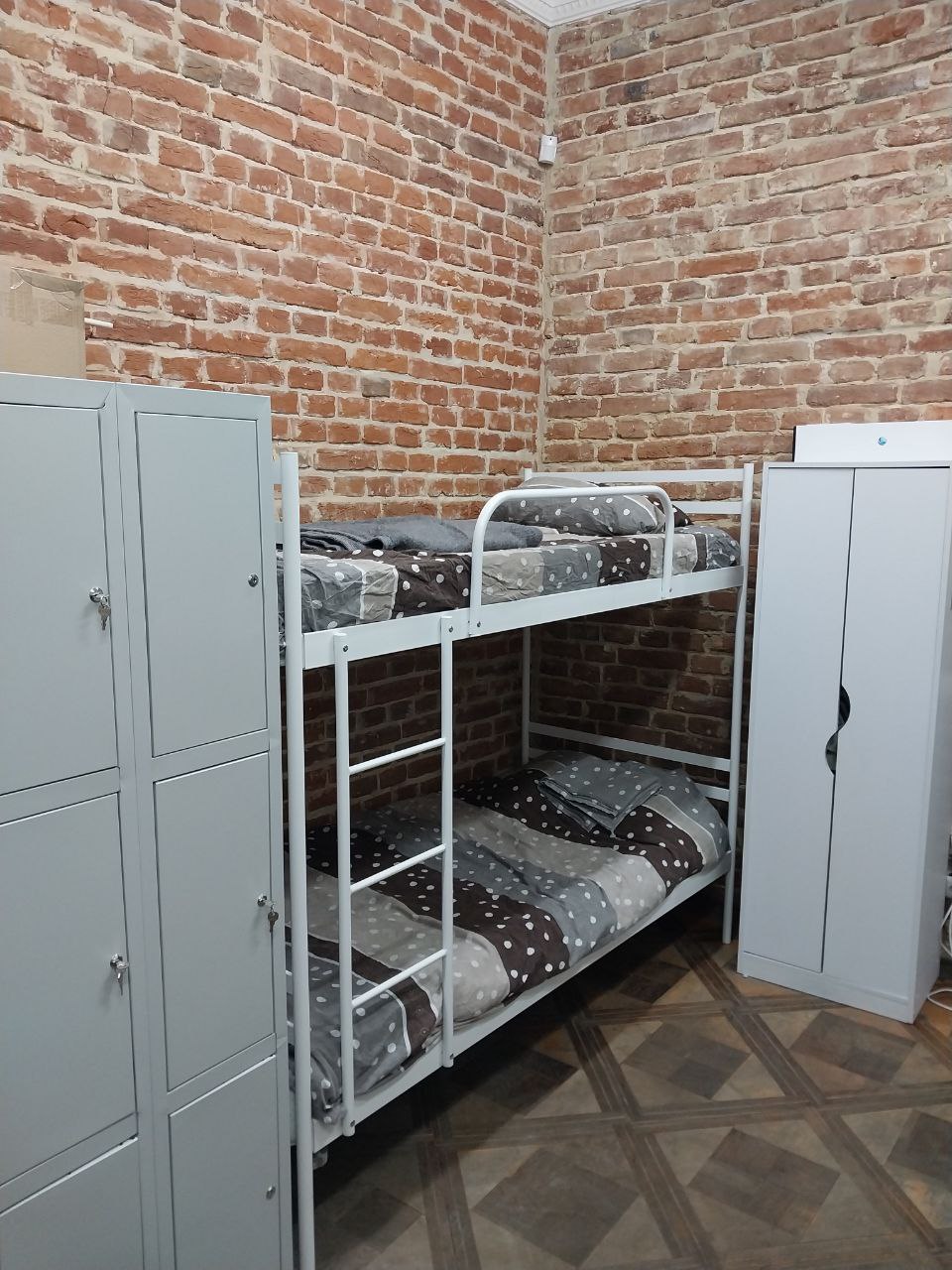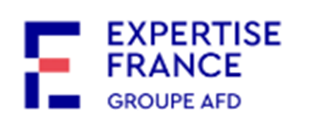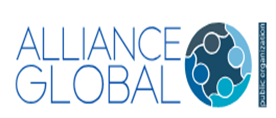Network of Shelters and HIV Prevention Information Campaign Among MSM in Ukraine

Shelter Network
In the context of the ongoing war in Ukraine, LGBTQ+ individuals face not only social challenges such as discrimination and violence but also new dangers related to military actions. Our shelters provide a safe space for temporary accommodation for those who have become victims of war or who cannot remain in their homes due to conflict, persecution, or other threats, particularly during evacuation or forced displacement.
Amid current wartime conditions, many LGBTQ+ people are forced to leave their homes due to direct threats from military actions or due to social hostility and violence based on their sexual orientation or gender identity. Our shelters offer safe temporary housing, providing refuge from violence, persecution, and other external threats. We accommodate those who have fled war, refugees from temporarily occupied territories, and individuals forced to leave their homes due to discrimination or aggression. We guarantee confidentiality and protection of personal information, understanding how vital safety is for LGBTQ+ communities—especially in wartime.
A key element of our work is counseling and support based on the “peer-to-peer” principle. Our consultants and psychologists are either members of the LGBTQ+ community themselves or have extensive experience working with its members. This fosters an atmosphere of trust and comfort for shelter residents, as they can communicate with people who truly understand their experiences and needs. Consultations are tailored to the specific issues and trauma the residents have faced, helping them restore their psychological and emotional well-being.
Psychological support is particularly crucial during wartime, as LGBTQ+ individuals experience double stress—both from the effects of war and from discrimination and social isolation. Our specialists work not only with those who have experienced physical violence or persecution but also with individuals who have suffered from emotional trauma, isolation, or loss of support from family and loved ones due to their identity.
During war, LGBTQ+ individuals may face heightened social isolation or lose access to their support networks. That is why we not only provide physical shelter but also help rebuild social connections, support the formation of new relationships, and restore a sense of belonging. Organizing community meetings and cultural events is key to this effort, offering people a chance to connect, support each other, make new friends, and come together in challenging times.
We strive to ensure every resident feels safe, has access to support at any time, and receives timely assistance. Our shelters are not just places of physical refuge from threats, but also spaces where people can regain emotional balance, receive support, and restore their dignity and humanity.
To submit a shelter request, please follow the link.
Information Campaign
The informational component includes the online platform for HIV prevention in Ukraine — www.PrEP.com.ua. The website offers a registration system that allows individuals to request HIV prevention services from organizations providing such care. This portal enables users to register and automatically send a request to NGOs working on HIV prevention across various regions of Ukraine, particularly for MSM (men who have sex with men).
The platform allows social workers from Global Fund-supported organizations to receive client requests. Each request contains the client’s name, phone number, and the preferred date for receiving services (e.g., rapid HIV testing and other services offered on the platform). Clients are referred to the website via online advertising across different platforms, including dating apps, social media, and search engines.
The information campaign involves creating and distributing content across various online platforms: TikTok, Instagram, Facebook, as well as through advertisements on websites and mobile apps targeting MSM. A creative team is engaged to develop videos and materials on topics such as HIV, STIs, sexual health, and LGBTQ+ issues to encourage users to register and access prevention services.



